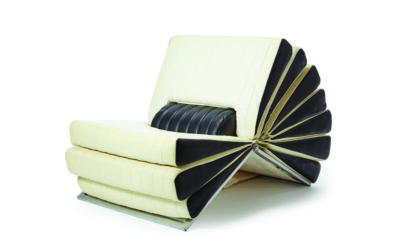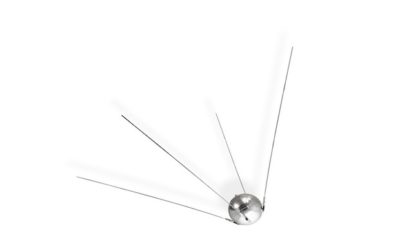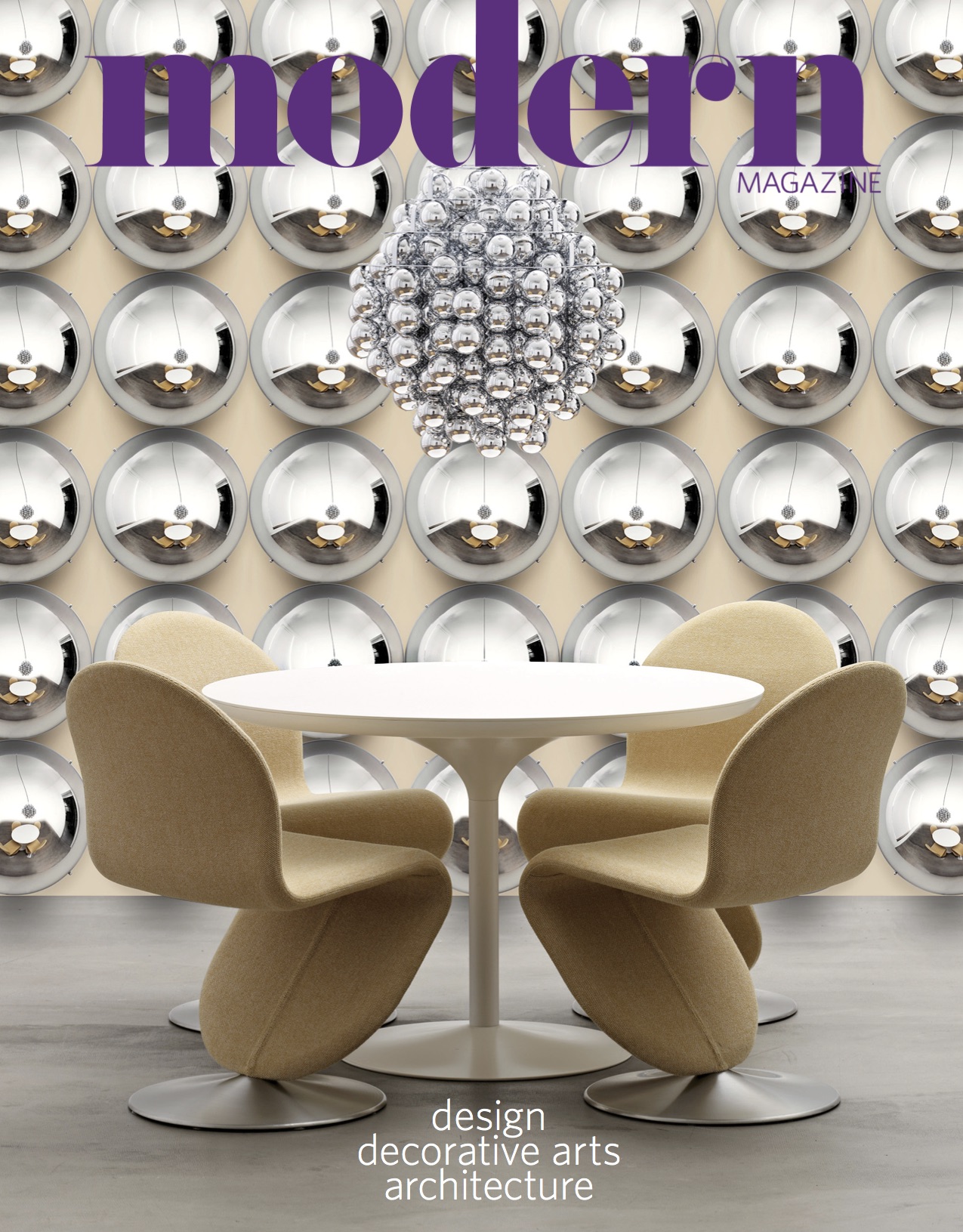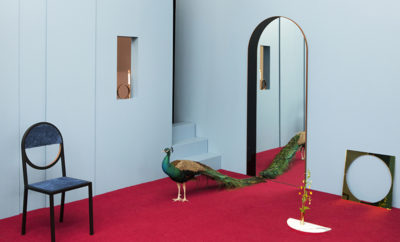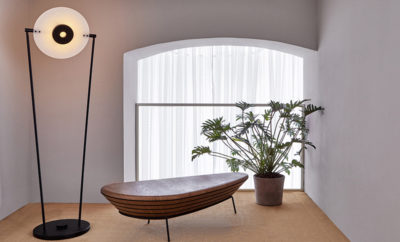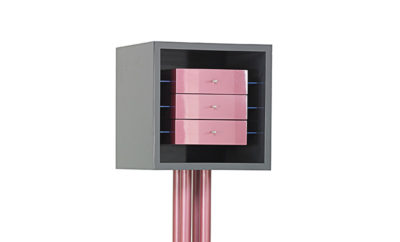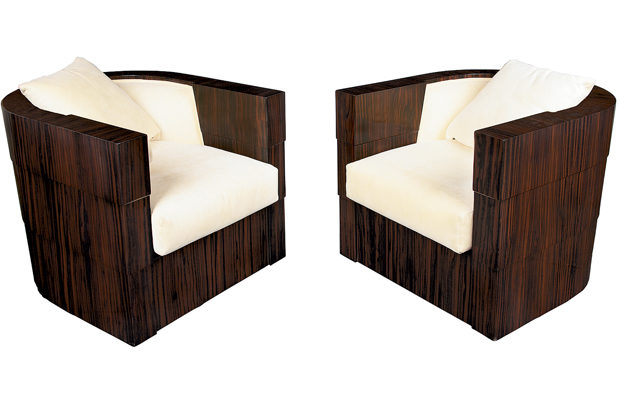
Design
Macassar Club Chairs

LOT 110 Doyle New York’s “Doyle + Design” sale in Manhattan on September 28, 2010: A pair of circa 1980 Macassar ebony veneer and upholstered club chairs attributed to the Pace Collection. The pair sold for $13,750 off of a pre-auction estimate of $1,500 to $2,000.
Some reasons for the unexpectedly high price:
The Law of Twos
David A. Gallager, the Doyle department head for twentieth-century design and decorative arts, points out a noteworthy phenomenon in the auction world: “Furnishings that come in pairs always sell better than single item lots—which we call ‘orphans’—even if the one piece is superior in quality to the twinned pieces. The consignor of these club chairs has a matching settee, yet I doubt it will sell for as much as the chairs, simply because it’s a solo piece of furniture.”
Sweet Styling
The club chairs clearly have the DNA of art deco furniture, yet are somehow sleeker and more contemporary in feel. Their lines are crisp and at the same time beefy, and as Gallager notes, the material they are made from—the richly figured ebony—is the last word in luxury.
Interesting Antecedents
The Pace Collection was a high-end contemporary furniture company founded in New York City in the early 1970s by Irving and Leon Rosen. Catering to the interior design trade, the firm offered a line of desks, tables, and cabinets that were distinguished by exotic wood veneers with glossy finishes and polished and chrome-plated trim. As these chairs and the matching settee demonstrate, it apparently also offered chairs and sofas that employed rich exotic woods. In 1985 the Rosens commissioned New York architect Steven Holl—most recently acknowledged for the 2007 addition to the Nelson-Atkins Museum of Art in Kansas City, Missouri—to design a showroom on the corner of Madison Avenue and East 72nd Street in Manhattan.
The showroom garnered Holl an American Institute of Architects award for best architectural design the following year. Furniture in the Pace Collection appealed to an elite clientele, and was arguably the finest made furniture of the 1970s. Pieces were essentially made to order, rather than mass-produced; the case goods were handmade by Glendale Architectural Wood Products in Glendale, New York. The costs of manufacturing were known only to the Rosens, but the prices reflected the handcraftsmanship and limited production. The company went out of business in 2001, but the Glendale firm acquired the rights to the case designs, which it continues to custom-make today.
Pre-Sale Buzz
Because the Pace Collection is not a household name, and while the club chairs are quite handsome, Gallager was surprised by the large number of inquiries he received during and after the auction preview. At the sale bidding was competitive, with offers coming from numerous hopeful buyers both in attendance and via telephone. Looking back, Gallager acknowledges that the pre-auction estimates might have been low. But, he adds, “It certainly worked out nicely in the end.”


